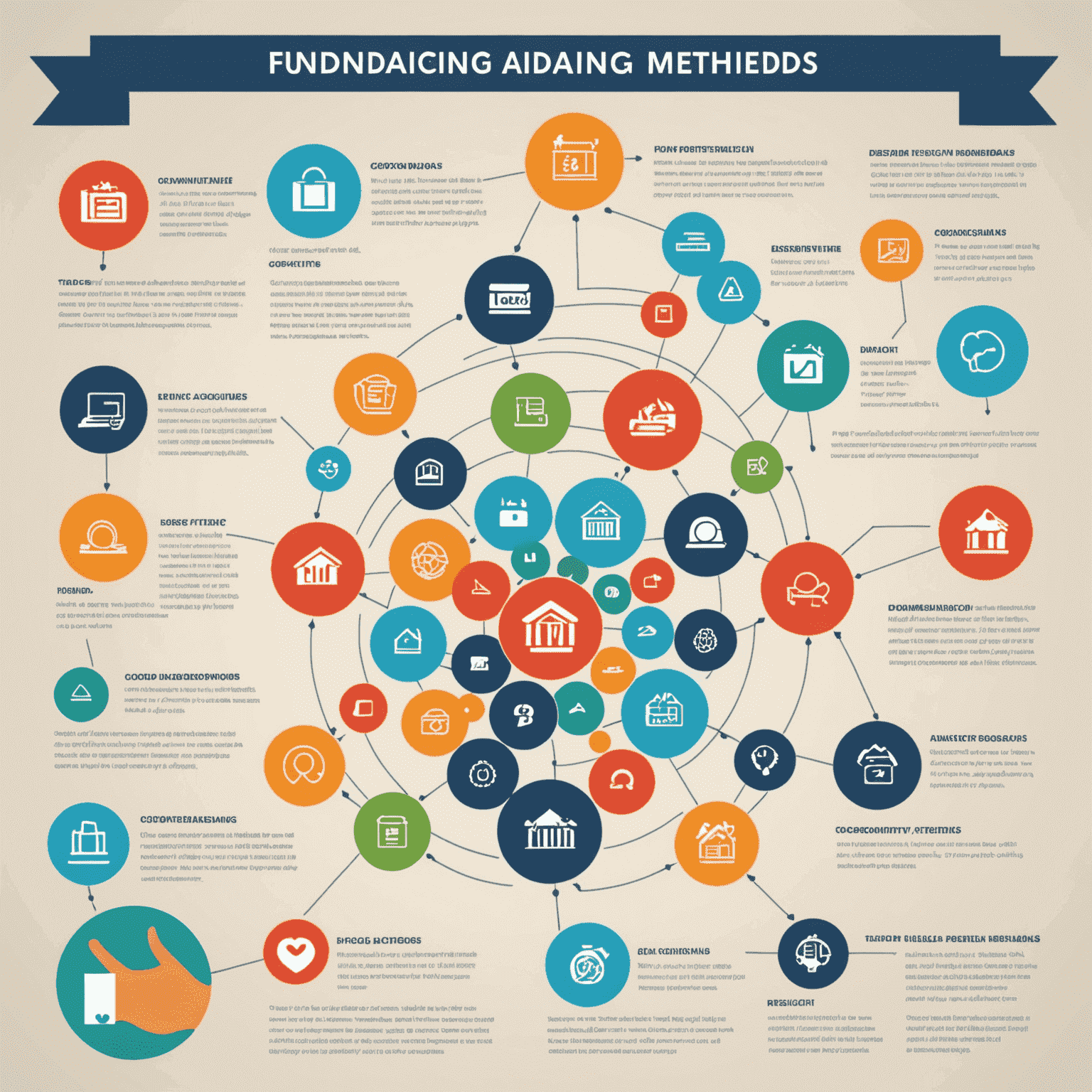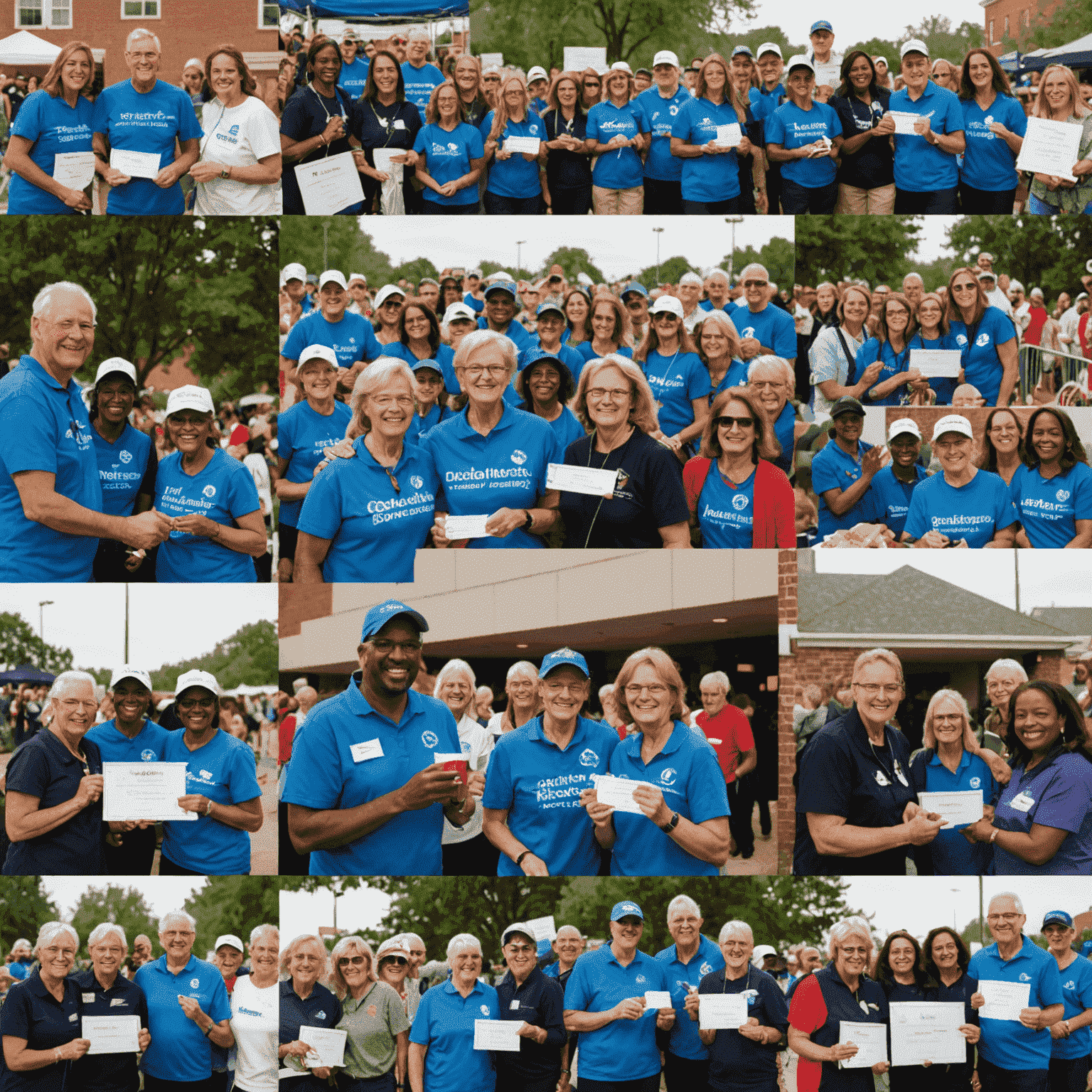Fundraising Strategies for Impactful Causes
Effective fundraising is the lifeblood of charitable causes and volunteer projects. Discover innovative strategies to support your mission and make a lasting impact in your community.

Key Fundraising Techniques
- Peer-to-Peer Fundraising: Empower your supporters to become fundraisers themselves. This method leverages personal networks and can significantly expand your reach.
- Crowdfunding Campaigns: Utilize online platforms to reach a wider audience. Share compelling stories and set clear goals to inspire donations.
- Corporate Partnerships: Collaborate with businesses that align with your mission. This can lead to sponsorships, matching gifts, and volunteer support.
- Event-Based Fundraising: Organize engaging events like charity runs, galas, or auctions that not only raise funds but also increase awareness for your cause.
- Monthly Giving Programs: Encourage supporters to become regular donors. This provides a steady income stream and helps with long-term planning.

Innovative Fundraising Ideas
- Virtual Challenges: Create online events that supporters can participate in from anywhere, such as virtual runs or read-a-thons.
- Social Media Campaigns: Leverage platforms like Instagram and TikTok to create viral fundraising challenges or awareness campaigns.
- Skill-sharing Workshops: Offer online classes taught by volunteers, with proceeds going to your cause.
- Eco-friendly Initiatives: Combine fundraising with environmental consciousness through recycling drives or sustainable product sales.
- Gamification: Incorporate game elements into your fundraising efforts to increase engagement and motivation.
Best Practices for Successful Fundraising
- Clear Communication: Articulate your mission, goals, and impact clearly to potential donors.
- Personalization: Tailor your approach to different donor segments for more effective engagement.
- Transparency: Be open about how funds are used to build trust with your supporters.
- Gratitude: Show appreciation to donors promptly and personally to encourage ongoing support.
- Measure and Adapt: Regularly analyze your fundraising efforts and be willing to adjust strategies based on results.

By implementing these strategies and continuously innovating, you can create a robust fundraising program that not only meets your financial needs but also strengthens your community of supporters. Remember, successful fundraising is about building relationships and inspiring others to join your cause for creating positive change.